Endometriosis and Autoimmunity: Evidence from a Nationwide Cohort
Endometriosis has long been suspected to share biological pathways with autoimmune disorders. Smaller studies have hinted at this connection, but strong large-scale evidence has been limited. Now, Dr.Elhadad's team from Columbia University, New York, have addressed this gap in a…
Key Points Lay SummaryFerroptosis: A New Mechanism Potentially Driving Endometriosis Progression
A recent study published in Frontiers in Immunology suggests that ferroptosis, a form of iron-dependent cell death, may play a role in the progression of endometriosis by altering the immune microenvironment. This discovery offers new insights into how the disease…
Key Points Lay SummaryThe role of immunity in endometriosis
Academicians from Japan and China have recently published their comprehensive updated immunological review for endometriosis in the Journal of Reproductive Immunology. Endometriosis is a multifactorial condition with multiple theories of pathogenesis. The role of innate and adaptive immunology in this…
Key Points Lay SummaryEpigenetic changes in endometriosis: A new target area for therapy
Epigenetics is the heritable genetic modifications and changes in chromosomes without alterations in the DNA sequence. Numerous mechanisms, like DNA methylation and RNA editing to mention a couple, have been discovered as epigenetic alterations that are triggered by environmental factors.…
Key Points Lay SummaryAn important matter to revise: Immune system changes in endometriosis
Endometriosis is a multifactorial disease with unclear and obscure pathogenetic mechanisms. In their review, Chopyak et al. revised the immunopathogenic pathways that are proven and/or thought to be responsible for disease development and progression. The article was published in the…
Key Points Lay SummaryThe link between autoimmunity and endometriosis
A popular model to explain the etiology of endometriosis is Sampson’s theory of retrograde menstruation. In this model, the viable endometrial tissue is spread and attached to the peritoneal cavity through the fallopian tubes during menstruation, resulting in an inflammatory…
Key Points Lay SummaryPolymorphisms of STAT4 gene in the pathogenesis of endometriosis
Endometriosis is one of the most common gynecological diseases in reproductive-age women characterized by the occurrence of endometrial tissue outside the uterine cavity. Researchers have put forward numerous hypotheses to explain ectopic endometrial tissue, and the bulk of the evidence…
Key Points Lay SummaryEndometriosis in adolescents
Dr. Mama S. T. from Cooper University Hospital, Camden, New Jersey, USA, recently has published his review on advances in the management of endometriosis in the adolescent in the journal “Current Opinion Obstetrics and Gynecology”. In adolescence, there is a…
Key Points Lay SummaryA review on the role of immune cells on the pathogenesis of endometriosis
Immune cells play a vital role in the homeostasis against infectious pathogens but also in the pathogenesis of endometriosis. Recent research has suggested that different immune cells have unique roles in this pathogenesis. Neutrophils, which are typically the primary acute…
Key Points Lay SummaryAnalysis of suppressive regulatory T cells and latent transforming growth factor-β-expressing macrophages in endometriosis peritoneal fluid
One prominent theory of endometriosis origin is the implantation of steroid hormone-sensitive endometrial cells and tissues on the peritoneal surface during retrograde menstruation and caused an inflammatory response. While women exhibit retrograde menstruation, endometriosis may be affected by women suffering…
Key Points Lay Summary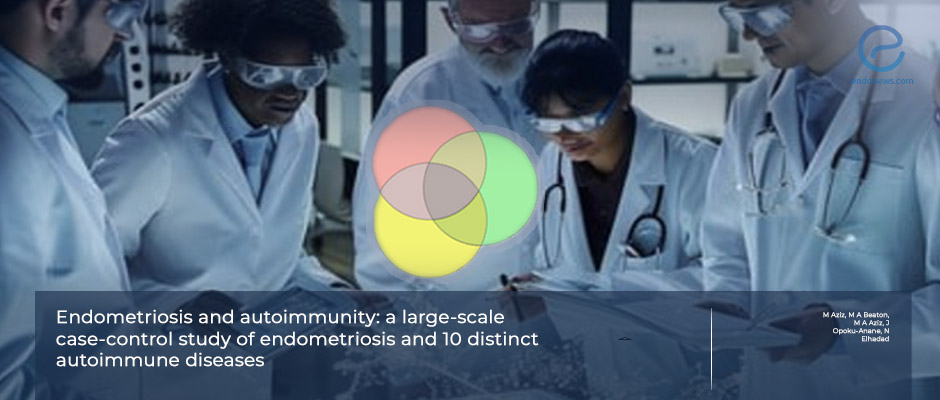
 By Nasuhi Engin Aydin
By Nasuhi Engin Aydin
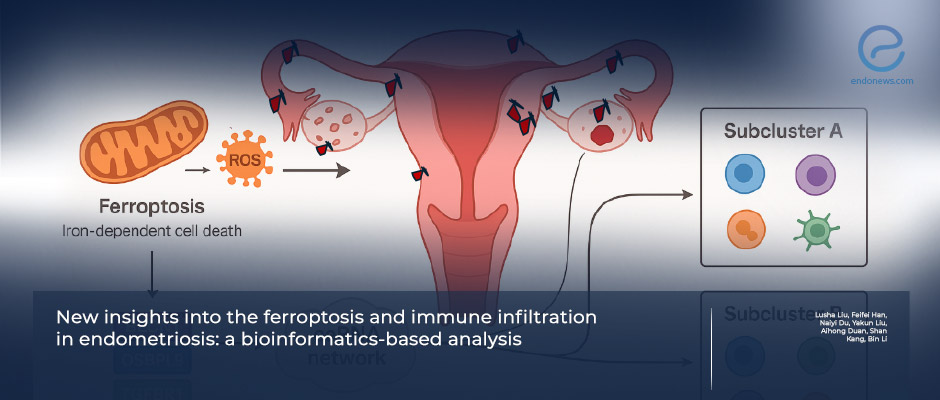
 By Özge Özkaya
By Özge Özkaya
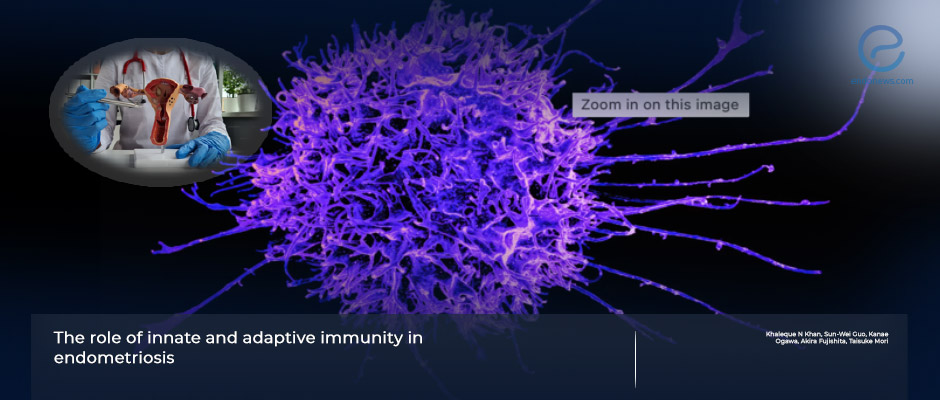
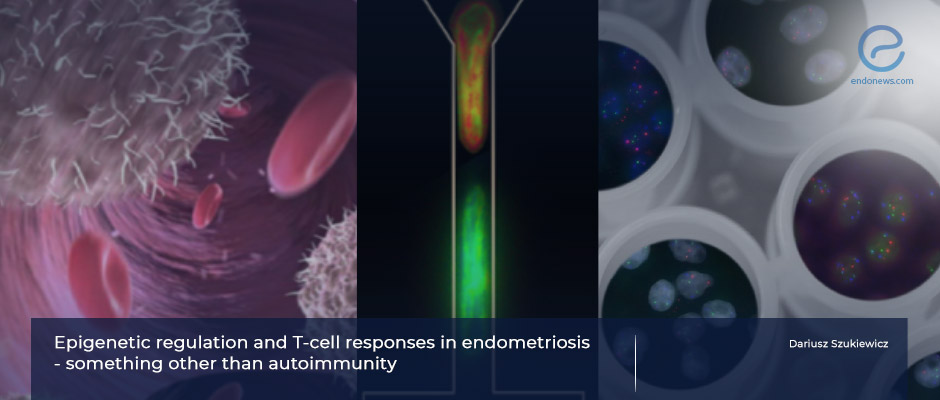
 By Eylül GÜN
By Eylül GÜN
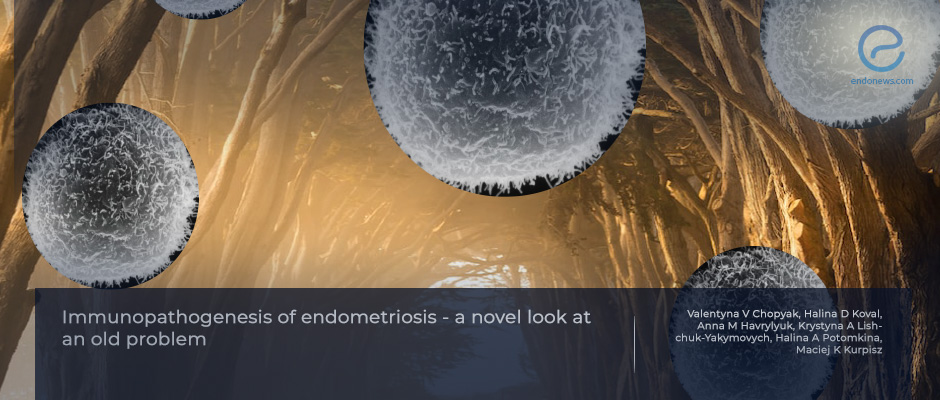
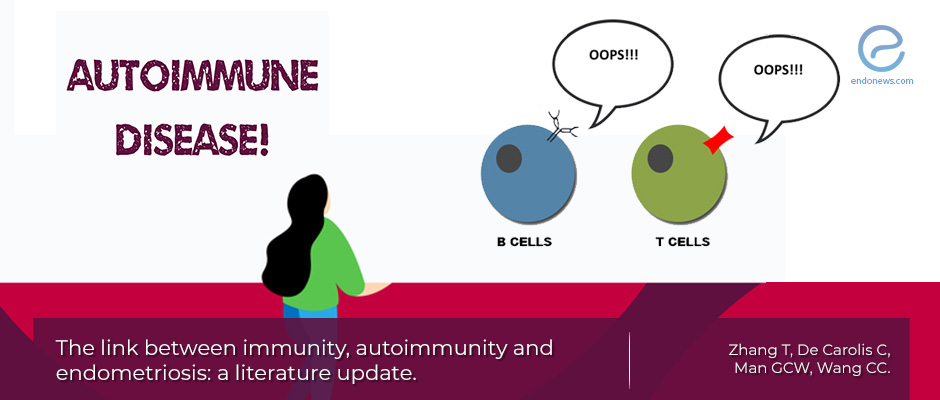
 By Yu Yu
By Yu Yu
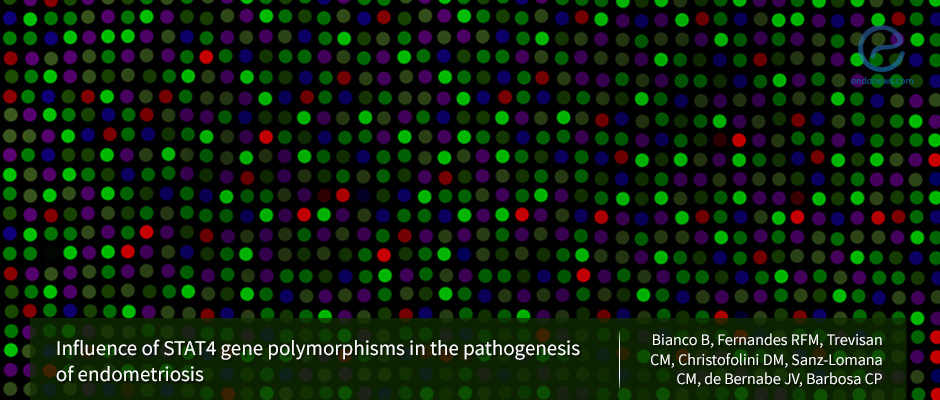
 By Dr. Youngran Park
By Dr. Youngran Park

 By Irem Onur
By Irem Onur
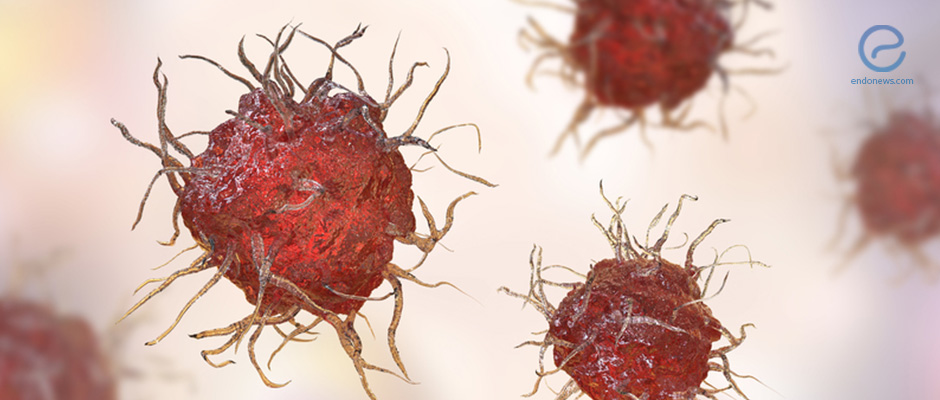
 By Murat Osman
By Murat Osman
